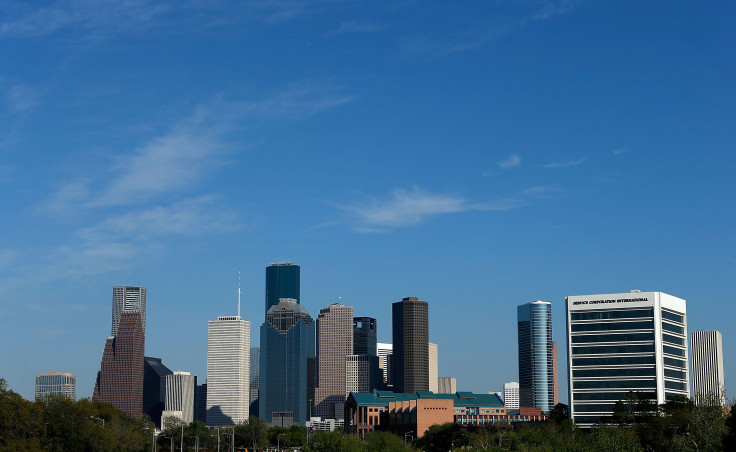
At the beginning of the year, the Cártel Jalisco Nueva Generación (CJNG), led by Nemesio Oseguera Cervantes, known as El Mencho, became the first criminal organization in Mexico to establish an operational presence in all of Mexico's 32 federal entities, according to the Drug Enforcement Administration's 2025 National Drug Threat Assessment.
In the less than 20 years since its creation in 2009, the group has expanded throughout Mexico and into more than 40 countries, and the DEA report says its network of associates, facilitators and affiliates in nearly all 50 states makes it one of the most significant threats to public safety and national security in the United States.
A new report by Milenio, based on a judicial file obtained by the outlet, details how the cartel built a wide network of local distributors in Houston in only six years, a structure that turned the city into a major drug distribution hub for five U.S. states.
According to the document obtained by Milenio, the organization arrived in Houston in 2019 to expand its distribution of cocaine, methamphetamine, heroin and fentanyl to cities across Texas, Florida, Louisiana, Georgia, Tennessee and Illinois.
With the help of two of his closest and most trusted men, El Mencho's organization established an extensive local network that generates millions of dollars in annual profits for the cartel.
Milenio's investigation identifies Gerardo Villarreal Martínez as one of the key figures who helped build that empire. Villarreal, a Mexican American man who worked for the cartel, drew the attention of authorities in 2019 after he became one of 40 people involved in distributing drugs for the organization in the Houston area.
Intelligence investigations found that Villarreal had direct contact with individuals close to El Mencho. Milenio reports that his main contact in Mexico was Itiel Palacios García, known as "El Compa Playa," who coordinated directly with El Mencho and with Audias Silva Flores, known as "El Jardinero," considered Oseguera Cervantes' right-hand man.
After multiple investigations, the DEA gathered enough evidence to request Villarreal's arrest. On April 3, 2024, he appeared at a hearing in Galveston, Texas, where he was charged with 12 counts of money laundering and drug trafficking.
Among the evidence against him was a case in which U.S. authorities intercepted eight kilograms of cocaine being shipped from Houston to Florida, hidden in the taillights of a car.
Authorities also tracked $166,000 and 73 kilograms of cocaine stored in a safe house operated by Villarreal.
According to Milenio, DEA agents believed at least $120,000 came from the sale of five kilograms of cocaine intended for the Jalisco cartel. In 2024, the DEA seized an additional six kilograms linked to Villarreal based on a tip from an anonymous source. The seizure helped build the criminal case against Villarreal and the CJNG network in Houston.
© 2025 Latin Times. All rights reserved. Do not reproduce without permission.







